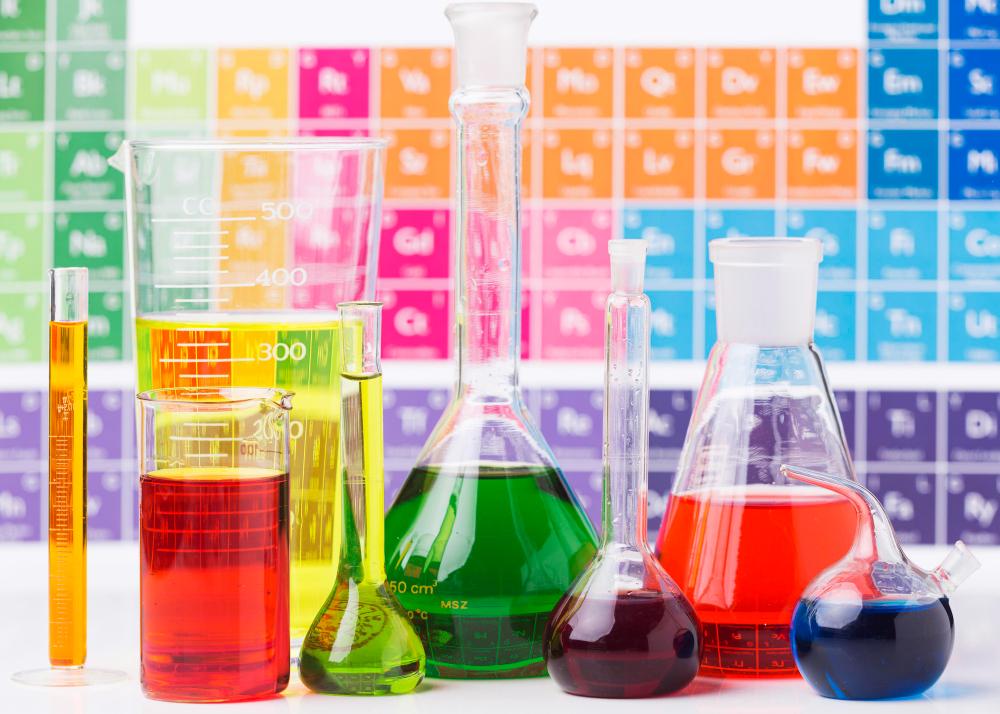Chemical products are an essential part of various industries, from manufacturing to healthcare. When searching for the right chemical product, evaluating product listings can be a daunting task. While specifications such as chemical composition and physical properties are crucial, there is often more to consider. In this blog post, we’ll explore what to look for beyond the specifications when evaluating chemical product listings.
1. Safety Data Sheets (SDS)
Safety should be a top priority when dealing with chemicals. Safety Data Sheets (SDS), formerly known as Material Safety Data Sheets (MSDS), are invaluable documents that provide information on a chemical’s hazards, handling, storage, and emergency measures. They contain data on the product’s toxicity, flammability, reactivity, and other essential safety information. A comprehensive SDS ensures you are aware of potential risks and can take necessary precautions.

2. Regulatory Compliance
Regulations governing chemical products vary by region and industry. It’s essential to confirm that the product you are considering complies with relevant regulations, such as the Globally Harmonized System (GHS) for the classification and labeling of chemicals. Ensure that the supplier adheres to safety, environmental, and industry-specific standards. Non-compliance can lead to legal issues and pose risks to human health and the environment.
3. Packaging and Transportation
Consider how the chemical product is packaged and transported. Appropriate packaging is essential to prevent leaks, spills, or damage during transit. Verify that the product is labeled correctly, following regulatory guidelines. Also, assess the transportation methods used, as certain chemicals may require specialized handling to prevent accidents and ensure safety.
4. Traceability and Quality Control
Traceability is crucial when dealing with chemicals. Ensure that the supplier maintains stringent quality control measures, which include batch tracking and traceability. This can be vital in the event of product recalls, quality issues, or safety concerns. A reputable supplier will have robust traceability systems in place to identify the source of any problems quickly.
5. Customer Support and Technical Assistance
Technical expertise can be invaluable, especially when dealing with complex or specialized chemicals. Evaluate whether the supplier provides comprehensive customer support and technical assistance. A supplier who can offer guidance on product selection, usage, and troubleshooting can be a significant advantage.
6. Environmental Impact
The environmental impact of chemical products is becoming an increasingly important consideration. Look for information on the product’s environmental impact, such as its biodegradability, recyclability, and any associated eco-certifications. Choosing products with a lower environmental footprint can align with sustainability goals and reduce long-term costs.
7. Reputation and Reviews
Research the reputation of the supplier in the industry. Word of mouth and online reviews can provide valuable insights into the quality of the products and the level of customer satisfaction. A supplier with a strong reputation is more likely to deliver reliable, high-quality products and services.
8. Pricing and Cost Considerations
While cost should not be the sole determining factor, it is an essential consideration. Evaluate pricing in conjunction with other factors such as safety, quality, and regulatory compliance. A higher upfront cost may be justified if it ensures product reliability and safety in the long run.
9. Delivery Times and Lead Times
Consider the delivery times and lead times offered by the supplier. Timely delivery can be critical for manufacturing processes or project schedules. Discuss delivery schedules and lead times with the supplier to ensure they align with your needs.
10. Customization Options
Some industries require tailor-made solutions. If your specific needs are not met by off-the-shelf products, inquire about customization options. A supplier willing to work with you to develop custom solutions can be a valuable partner.
In conclusion, when evaluating chemical product listings, it’s essential to look beyond the specifications. Safety, regulatory compliance, packaging, traceability, customer support, environmental impact, reputation, pricing, delivery times, and customization options all play crucial roles in making the right choice for your business or project. By considering these factors, you can ensure that you not only have the right chemical but also a reliable and responsible supplier to meet your needs.


